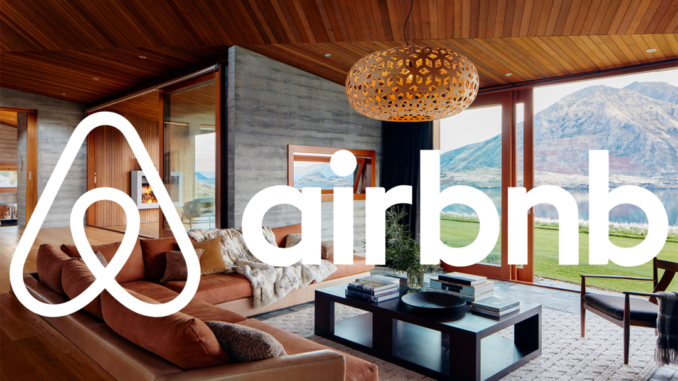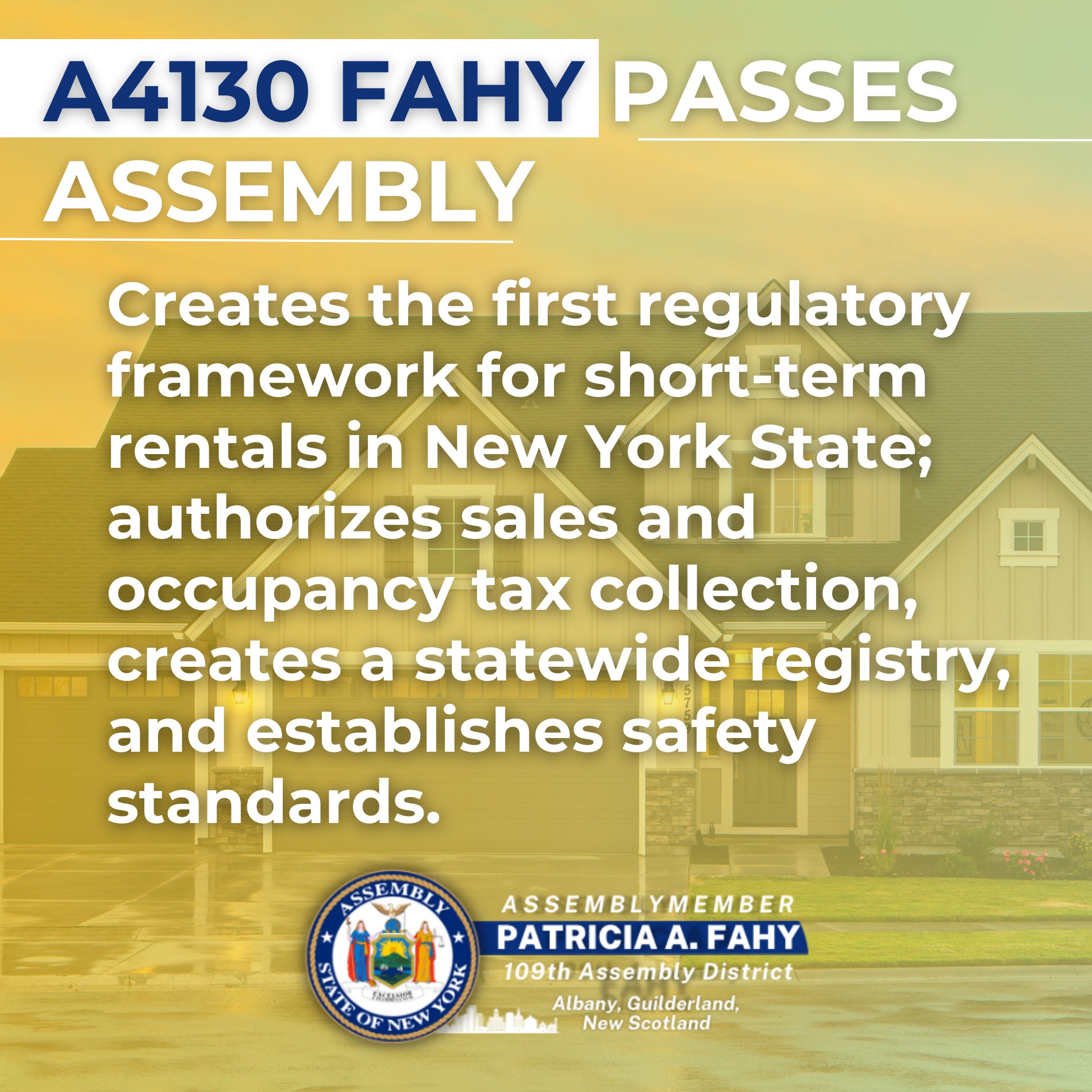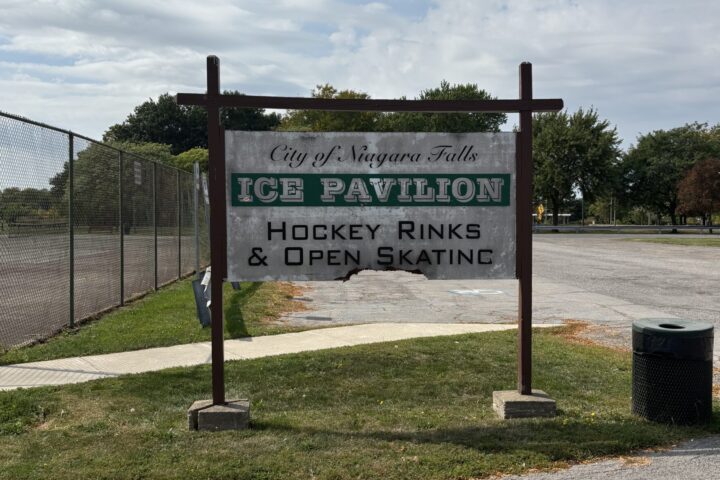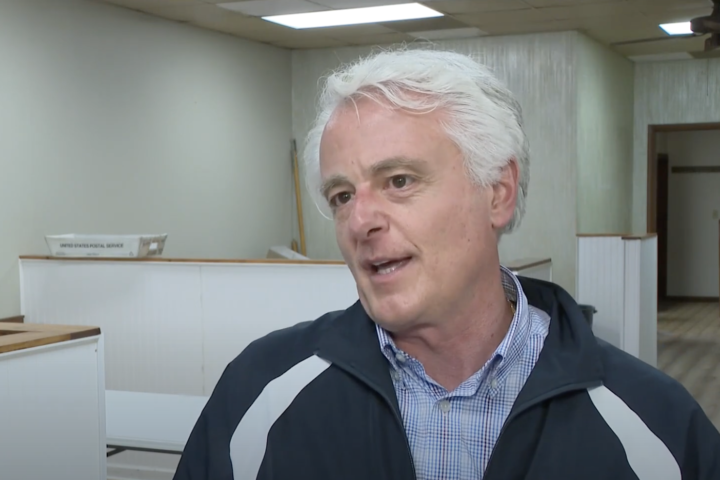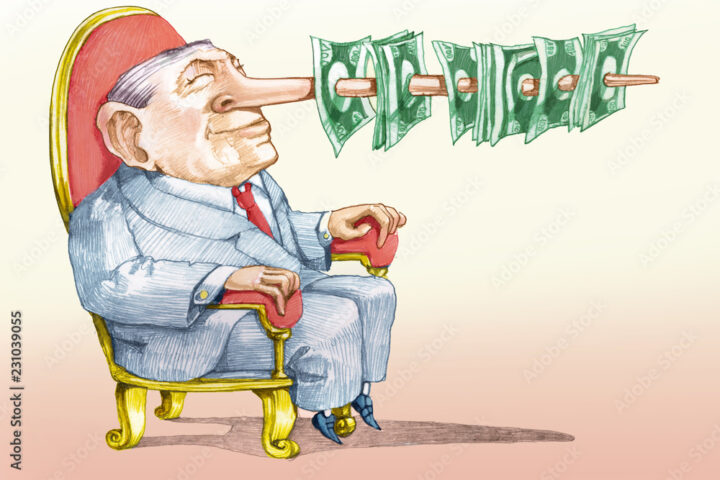The following was written by investigative journalist Ken Cosentino.
Local taxpayers have been critical of Mayor Restaino’s administration, which has labeled the City of Niagara Falls as anti-business and pro-gentrification; utilizing the department of code enforcement to implement his agenda.
Years ago I sat in on a city council meeting, listening to taxi cab owners as they tried to convince the council to ban ride share services such as Uber and Lyft. The taxi owners claimed that these services would undercut their businesses and hurt their bottom line.
In actuality, those taxi owners are used to having a monopoly in our city, allowing them to charge exorbitant fees to locals and tourists alike. Here’s an idea: Try lowering your prices so that rides are affordable to all, instead of taking advantage of those who cannot afford to buy their own transportation.
Similarly, Short-Term Rentals (STR’s) have been under attack by Mayor Restaino’s administration, once again utilizing the department of code enforcement to enforce its Draconian laws as a money grab to fill the city’s coffers; all the while protecting the hotel industry with which Restaino is closely aligned.
In 2020, Mayor Restaino tried and failed to institute new laws and regulations on STR’s. That proposal would have included an STR zone, permits, yearly fees and inspections; and STR owners/operators would have been required to collect the same types of taxes that apply to hotels, motels, and bed and breakfast establishments.
In 2022, Niagara Falls City Council passed a similar ordinance, proposed by former Councilmembers John Spanbauer and Ken Tompkins. That ordinance included a lot of Mayor Restaino’s original proposal. With the passing of that ordinance, STR’s became limited to the tourism zone down near the falls, and STR owners must now gain a permit and pay yearly fees for operation. Additionally, the aforementioned hotel/motel and bed & breakfast taxes are also applicable to STR’s.
At that council meeting in January, 2022; Cherrish Beals the president of the association that represents local STR operators (and a member of the city’s Tourism Advisory Board) stated, “A vote to pass (the new STR law) will further the institutional and systemic racism in the city of Niagara Falls (because) it will increase the barriers of entry, making it even harder for non-white residents to reap the benefits of becoming an STR owner/operator and it will support unhealthy gentrification within the proposed zone where residents, the majority of which are non-white, will be displaced as a result of this zoning.”
Beal’s statement reminds me of the first time I ever stayed at an Airbnb in 2016. During that time, one of my feature films was selected to screen at Comicpalooza in Houston, Texas. My partners and I rented an Airbnb in Galveston, Texas and we had a very memorable experience.
The owner of that Airbnb, a young urban professional, was also a Black millennial. She was an amazing host as she educated us about her fight to open her Airbnb, which was in a historic plantation-type manor. She told us that the area was victimized by gentrification. She also gave us an eloquent history lesson about Juneteenth, as her 19th century property happened to be part of that exact same area. Her plight to overcome adversity and her eventual success has stuck with me ever since.
Had we chosen to stay at a hotel for that trip, our lodging costs would have tripled and our experience would have diminished greatly. Having a great Airbnb host gave us a better experience whereas staying at a hotel would have just been business as usual. These types of experiences are what we as a community should be offering visiting guests from around the world.
In the City of Niagara Falls, STR’s should allow the little guy (or girl) to get ahead. They are an excellent side hustle and for some, they can even be a main source of income. Yet having to compete with rich hoteliers and real estate moguls is exhausting; especially when those individuals are able to influence legislation slanted against the small business owners.
Former Niagara Falls City Councilman Bill Kennedy was against the STR zoning ordinance, when he told the council in 2022 “You’re stopping free enterprise.” Councilman Donta Myles echoed Kennedy’s concerns, saying “(It’s) keeping people in other parts of the city from participating in the STR enterprise.” Myles’ had the sole vote against the new ordinance which effectively passed 4-1.
Last year, Myles recollected the ordinance, stating “I’ve spoken against it when it comes to what it will do to our community. I knew that zone was going to prematurely gentrify our city. People can only participate in short-term rentals suffocated into one area. The people who live there will be displaced. I’ve seen it, and I’ve gotten the calls. Over 16 families called me and told me about how their rent almost tripled because their buildings were becoming Airbnbs.”
The local hoteliers are largely responsible for the re-election of Mayor Restaino in 2023. In an impoverished city named after a world famous natural attraction, tourism should be injecting millions of dollars annually into our community. In effect, Restaino created a monopolistic environment so that cabals such as the hoteliers are able to line their pockets with help from puppets such as our mayor.
Last year, Myles told the Reporter, “This explains why the mayor pushed so hard against Short Term Rentals (STRs). Let’s suffocate this area into a zone that will help build the hoteliers’ wealth. If you notice, once all the moratoriums regarding the STRs came into place, the mayor pretty much started talking about Centennial Park immediately. Nothing is inclusive. Nothing really appears to show anything that will benefit our community or any kind of real employment.”
More government intrusion of STR’s comes as State Assembly and Senate have recently passed a short-term rental bill, and it is currently awaiting action from Governor Kathy Hochul. If it passes, this law will effectively squeeze local STR owners even more.
Laura Chadwick, president & CEO of the Travel Tech Association, recently said in a statement, “The newly passed short-term rental bill (NYS: S885C/A4130) will make travel more expensive, reduce the income potential for thousands of New Yorkers who rent their homes to make ends meet, and impose a complex system of regulation that will hurt the upstate economy. Short Term Rentals are a staple of upstate New York’s tourism industry. From the Catskills to the Adirondacks to Niagara Falls and the Hudson Valley, New Yorkers and visitors have enjoyed the beauty of the state’s great outdoors, largely thanks to the availability of short-term rentals.”
Chadwick’s statement continued, “Our industry has met with Senate and Assembly members for months to reach a reasonable consensus on a statewide approach to regulation, and they’ve ignored our concerns in favor of a policy that will hurt the upstate economy and limit traveler choice within New York. We encourage policymakers to work with the short-term rental industry and community members to develop a common-sense solution that supports upstate tourism. Despite our efforts to reach a viable solution, it is unfortunate that we’re at this juncture.”
Some sources claim that over 1,000 “illegal” STR’s are operating in the City of Niagara Falls. However, these STR’s are only illegal because the city council (urged by Mayor Restaino), decided to deem it so. Niagara Falls is famous for its waterfalls, daredevils and Three Stooges bits. But it’s infamous for its ridiculous add on fees masquerading as taxes for the cash strapped spend thrift administration.
An owner/operator of an unregistered STR spoke to the Reporter under anonymity, saying “Mayor Restaino needs to get his head out of his ass. My property is clean, safe and well maintained. I am not going to pay this city a dime more than I already do, because they’re favoring the hotel owners over the rest of us. I already pay for my property taxes, the stupid garbage fee and an outrageous water bill… Hotels are big business here, and those big fish don’t want us getting a cut of their annual profits. I say to Hell with them!”

